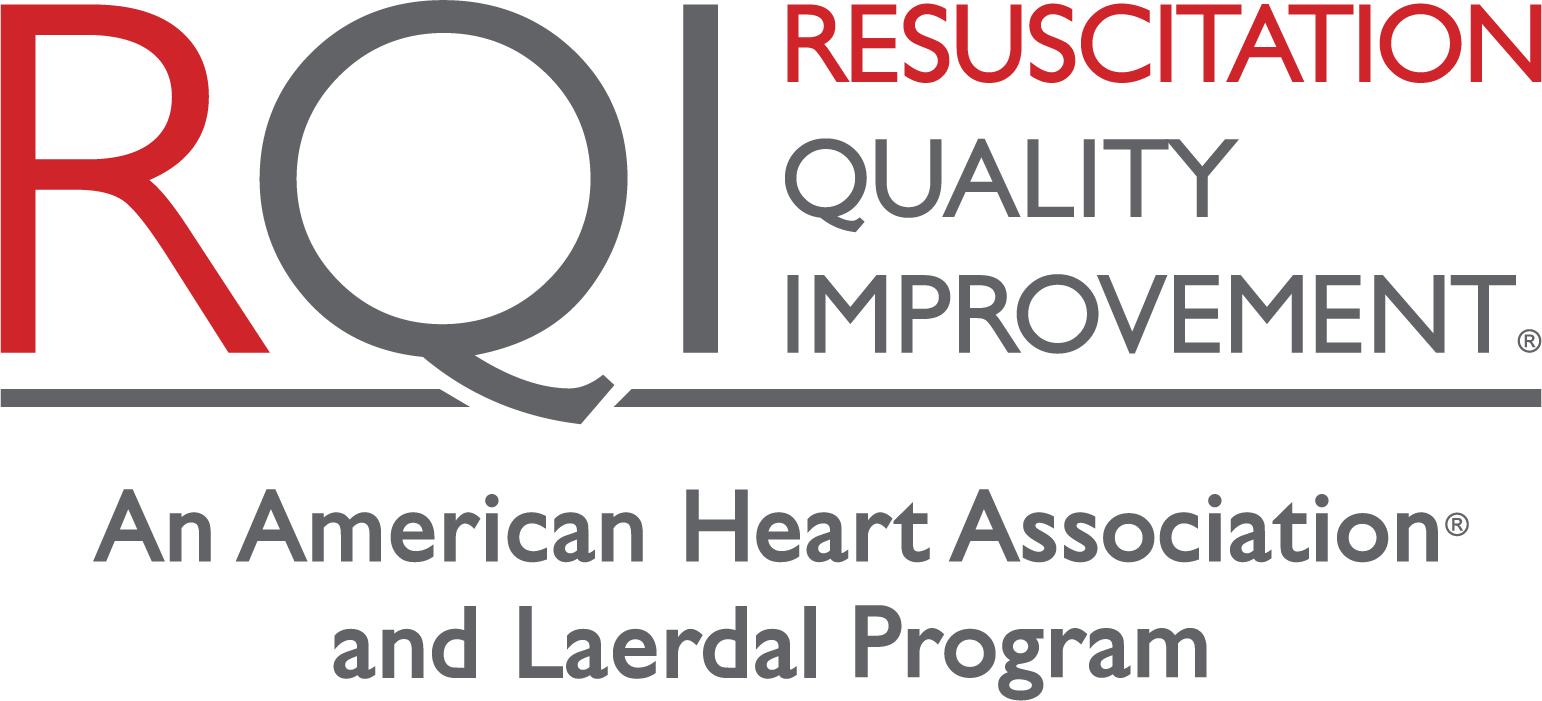Assessment, Contextual Learning, Low Dose, High Frequency
Assessment, Contextual Learning, Debriefing, Deliberate Practice, Feedback, Low Dose, High Frequency, Mastery Learning
Resuscitation Education Science: Educational Strategies to Improve Outcomes From Cardiac Arrest: A Scientific Statement From the American Heart Association
Certified basic life support instructors identify improper cardiopulmonary resuscitation skills poorly: Instructor assessments versus resuscitation manikin data
Assessment, Feedback, International
Use of a Real-Time Training Software (Laerdal QCPR®) Compared to Instructor-Based Feedback for High-Quality Chest Compressions Acquisition in Secondary School Students: A Randomized Trial
Accuracy of instructor assessment of chest compression quality during simulated resuscitation
The use of objective and technology-based measures of chest compression quality for feedback in simulated resuscitation settings is supported.
Assessment of BLS skills: Optimizing use of instructor and manikin measures
Assessment, Deliberate Practice, International
Automated Testing Combined With Automated Retraining to Improve CPR Skill Level in Emergency Nurses
Automated testing with feedback effectively detected emergency nurses who needed CPR retraining; this type of training and retesting improved skills to a predefined pass level.
Assessment, Feedback, International
Assessing practical skills in cardiopulmonary resuscitation Discrepancy between standard visual evaluation and a mechanical feedback device
This study shows lack of agreement between human raters and the feedback device in assessing the quality of external chest compressions.
The Effect of Instructional Method on Cardiopulmonary Resuscitation Skill Performance A Comparison Between Instructor-Led Basic Life Support and Computer-Based Basic Life Support With Voice-Activated Manikin
Findings suggest a computer-based learning course with voice-activated
manikins is a more effective method of training for improved CPR performance than instructor-led courses.
Criteria for Good Assessment: Consensus Statement and Recommendations from the Ottawa 2010 Conference
Criteria for good assessment include validity, consistency, equivalence, feasibility and drives future learning forward.
